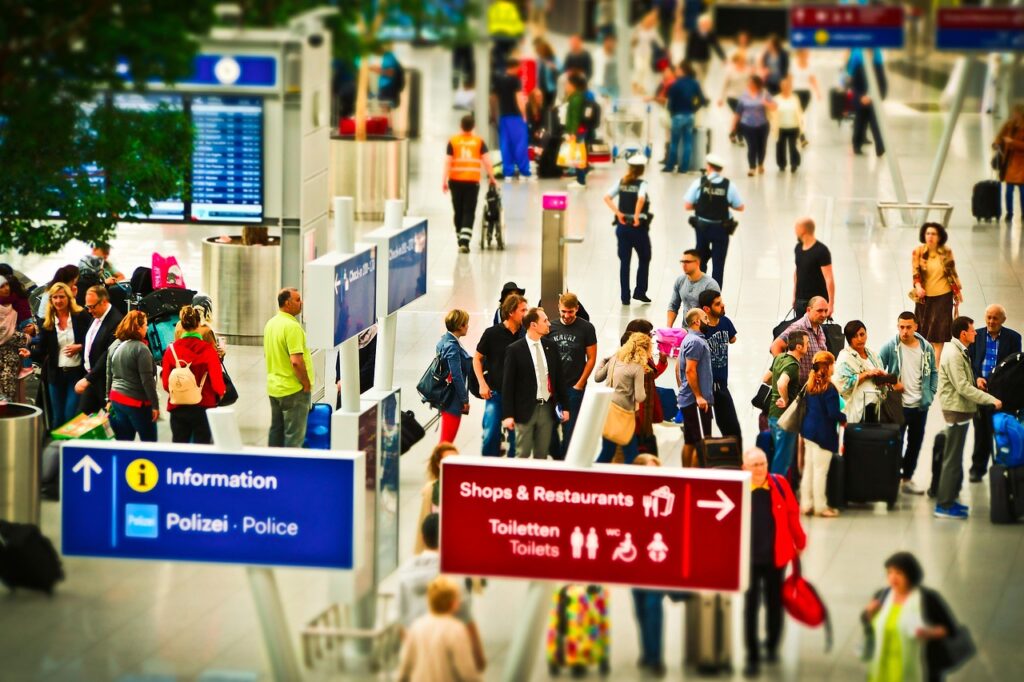Despite the hype around artificial intelligence revolutionizing travel, most current AI scenarios are missing out on a massive $3 trillion market opportunity. According to travel tech expert Robert Matsuoka’s analysis, the industry’s focus remains trapped within the traditional online travel agency (OTA) model—optimizing single bookings like flights or hotels—while failing to address how travelers actually dream, plan, and coordinate complex trips.
The real journey for most travelers begins not on OTAs, but in social communities and platforms—think Facebook groups, Instagram, and private chats—where 89% of travelers find inspiration and 75% discover destinations. Yet, current AI tools and OTAs are ill-equipped to capture these early, conversational stages of travel intent. Existing systems break down when asked to plan multi-step, personalized itineraries, with even the most advanced AI models succeeding less than 10% of the time on complex planning tasks.
The real disruption, Matsuoka argues, will come from AI platforms that can monitor these community conversations, extract nuanced travel desires, and transform them into detailed, bookable itineraries. Such platforms could act as a two-sided marketplace: capturing high-value, coordinated travel plans from social intent and distributing them to OTAs, travel agencies, and suppliers. This approach doesn’t replace existing OTAs, but creates new, more valuable inventory and aligns with how travelers actually plan their journeys.
Key Points:
-
Most AI in travel focuses on improving OTA workflows, missing the $3 trillion opportunity in complex, community-driven trip planning.
-
89% of travelers get inspiration from social media and communities, not from OTA search engines.
-
Current AI and OTA systems struggle with multi-step, personalized itineraries—AI models succeed less than 10% of the time.
-
The future lies in AI that can capture intent from conversations, break down complex trips, and reassemble them into actionable plans.
-
The biggest winners will be platforms that bridge the gap between inspiration and booking, creating a new marketplace for high-value travel itineraries.
















More Stories
Bulgaria’s Tourism Triumph Record 2025 Powered by Neighbors
Poland’s High-Tech Border Revolution: EES Ushers in New Era
Greece Blends History & Flavors: Gastronomy Tourism Revolution